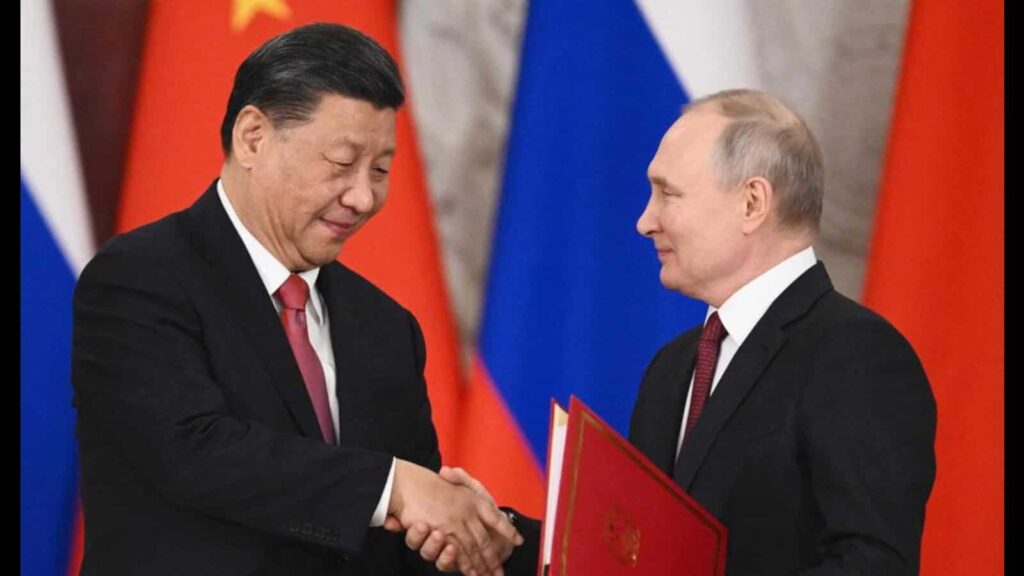A grandiose display of solidarity between Russian President Vladimir Putin and his Chinese counterpart Xi Jinping in Moscow appeared to usher in a new dynamic of the two countries working together on a range of issues and indicated that a partnership first unveiled before the Ukraine war broke out in 2022 was enduring. The joint statement after the summit indicated that the road ahead for New Delhi to build a consensus on key issues might be tough. Without naming any platform, the joint statement said both sides condemn the “politicisation of multilateral platforms and the attempts of certain countries to insert irrelevant issues on the agenda of multilateral platforms and dilute the primary tasks of the relevant mechanisms”. The import is clear, weeks after Beijing and Moscow opposed the inclusion of any language condemning the Ukraine war in the G20 finance ministers and foreign ministers’ meetings, sparking protests from western countries and deepening the divide in the platform. The joint statement indicated that such headwinds are unlikely to abate.
It also condemned the “close and exclusive group structure” in an apparent reference to Quad, criticised the United States (US) and said an Indo-Pacific strategy will have a negative impact on peace and stability in the region. Coming just two days after Japanese Prime Minister Fumio Kishida spoke of his vision of a free and open Indo-Pacific and weeks after the US, the United Kingdom and Australia sought to revamp the security of the region with a nuclear submarine deal, this new stand is significant. This is the first time the two countries have publicly and jointly spoken of creating an alternative to the Indo-Pacific concept. Does this hint that Beijing is reaching out to Moscow to counterbalance Washington’s activity in what it views as its sphere of influence? New Delhi should be on alert.

